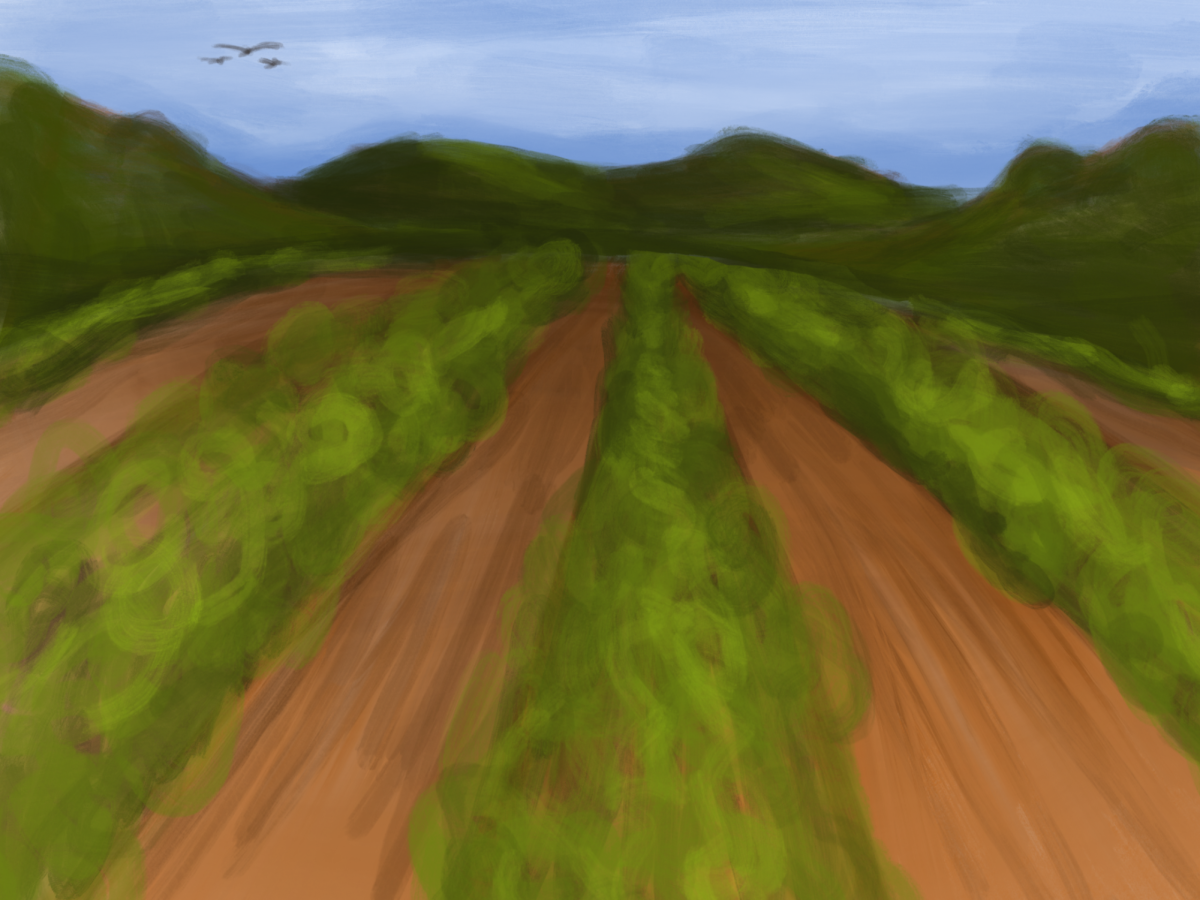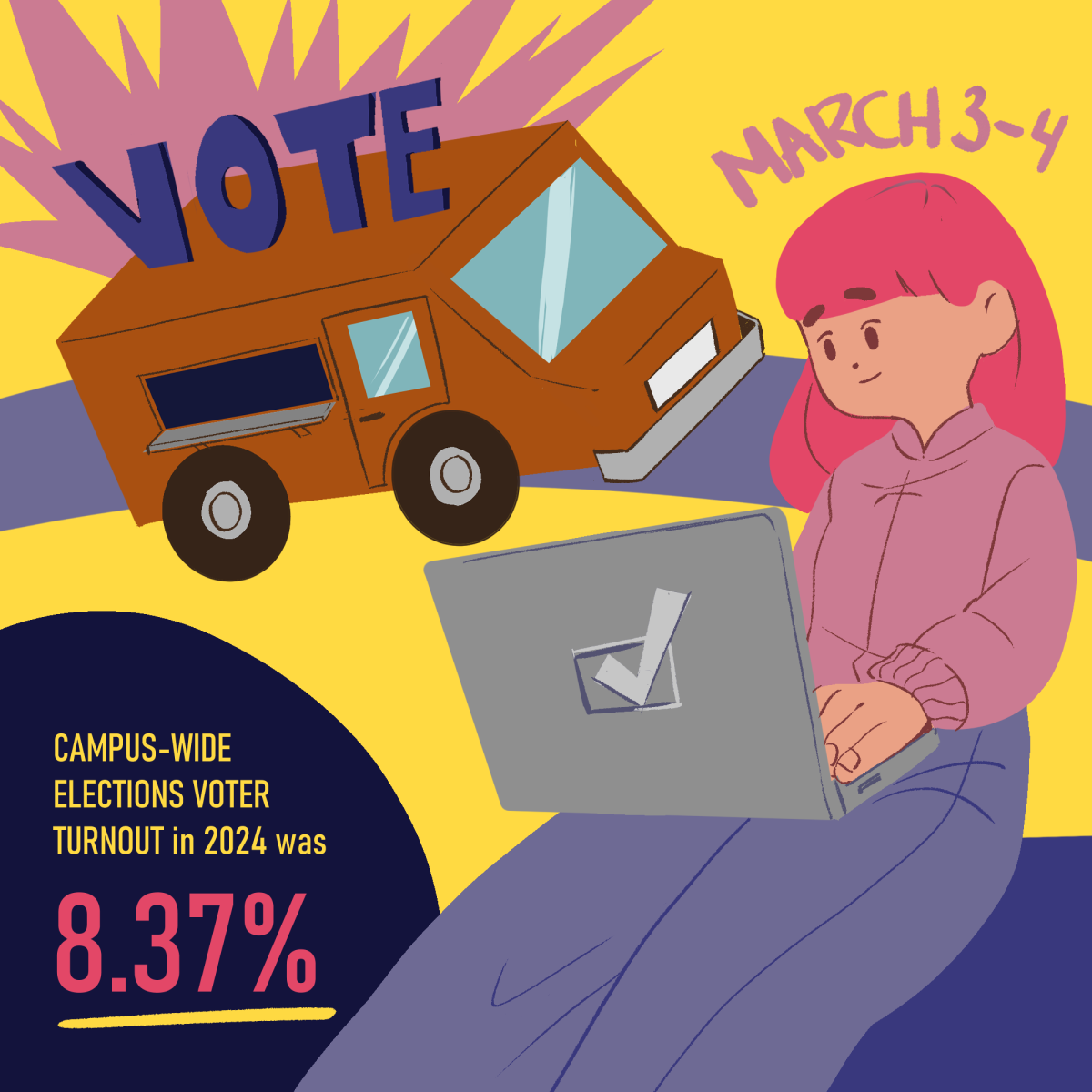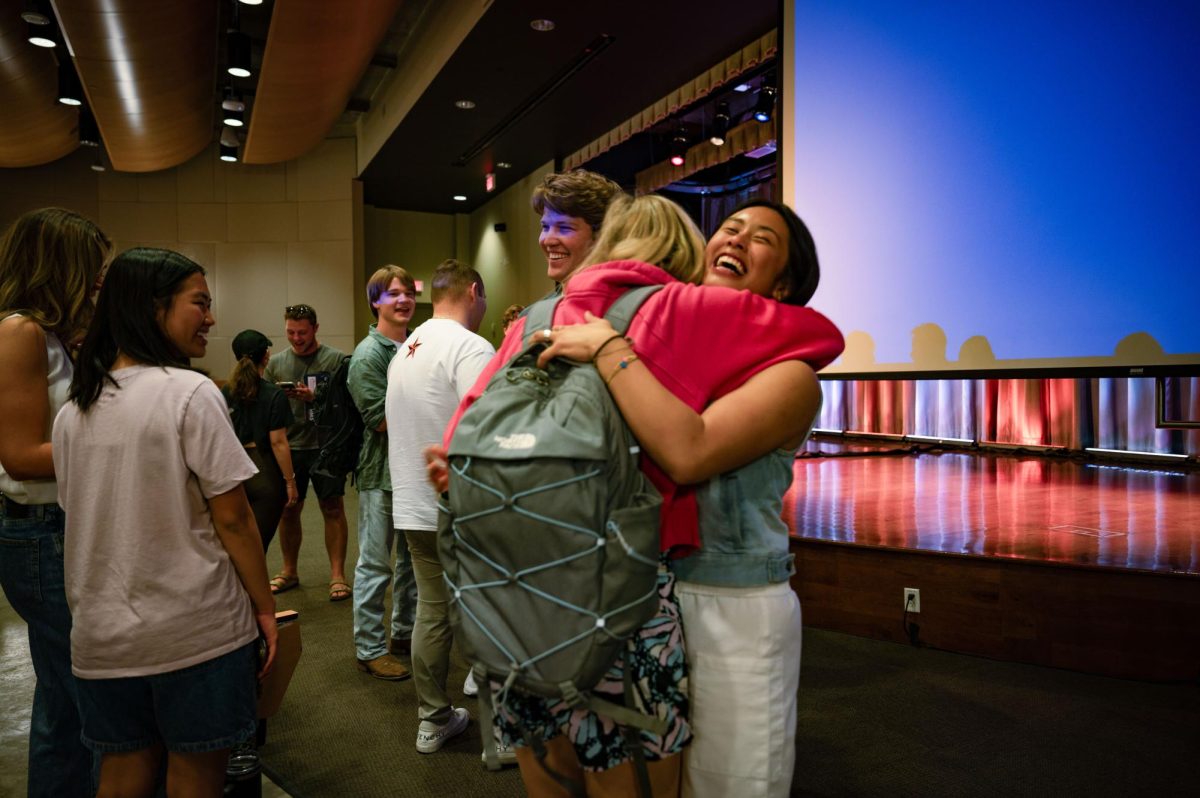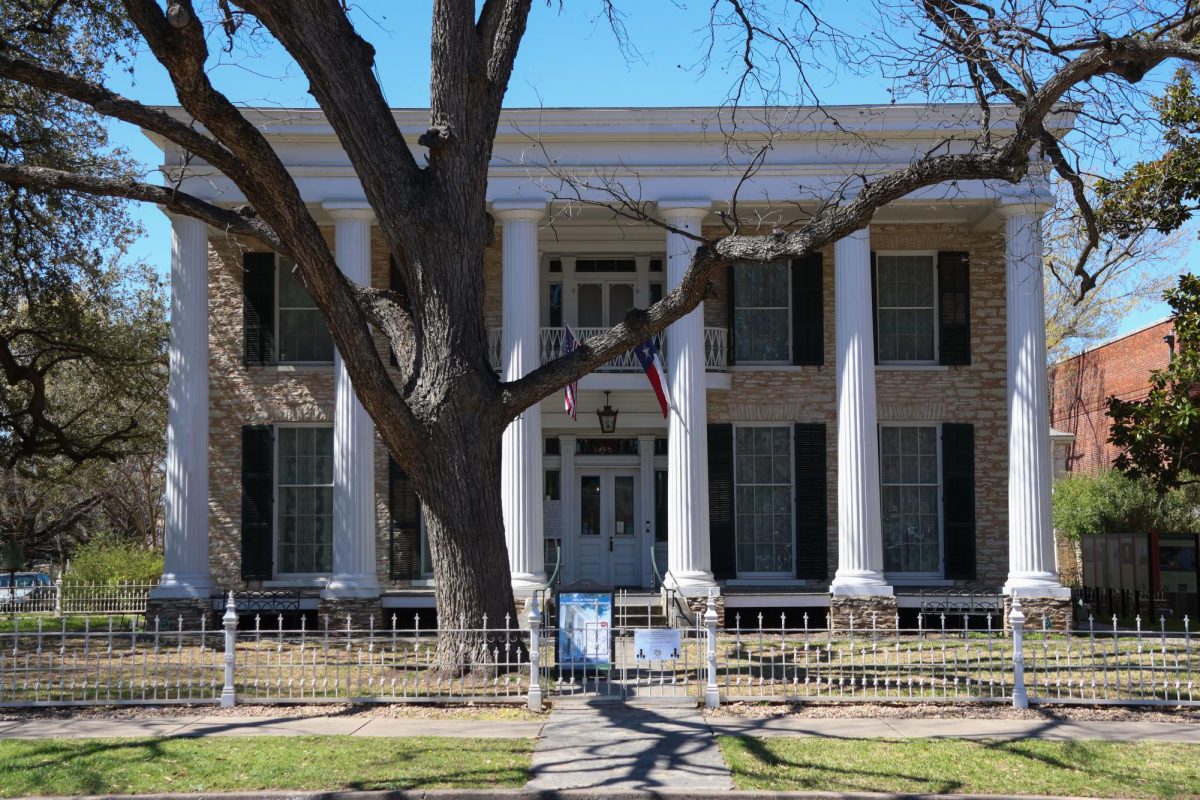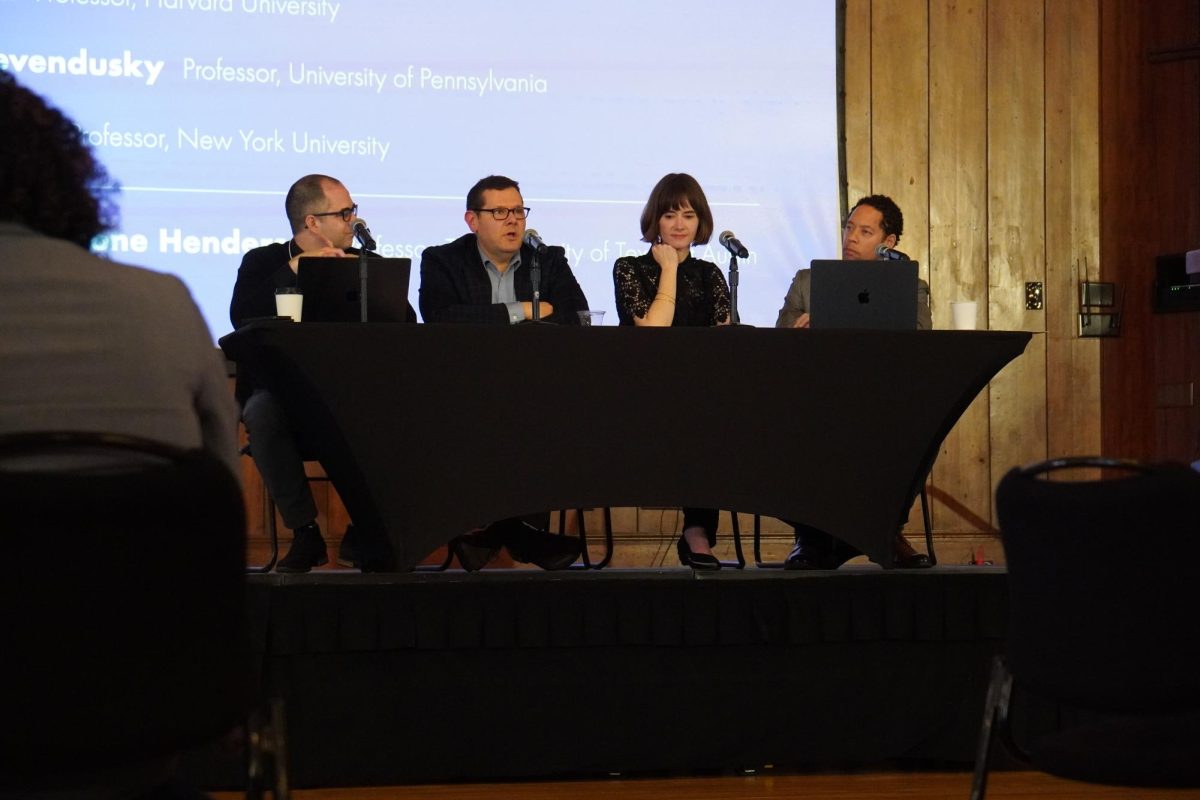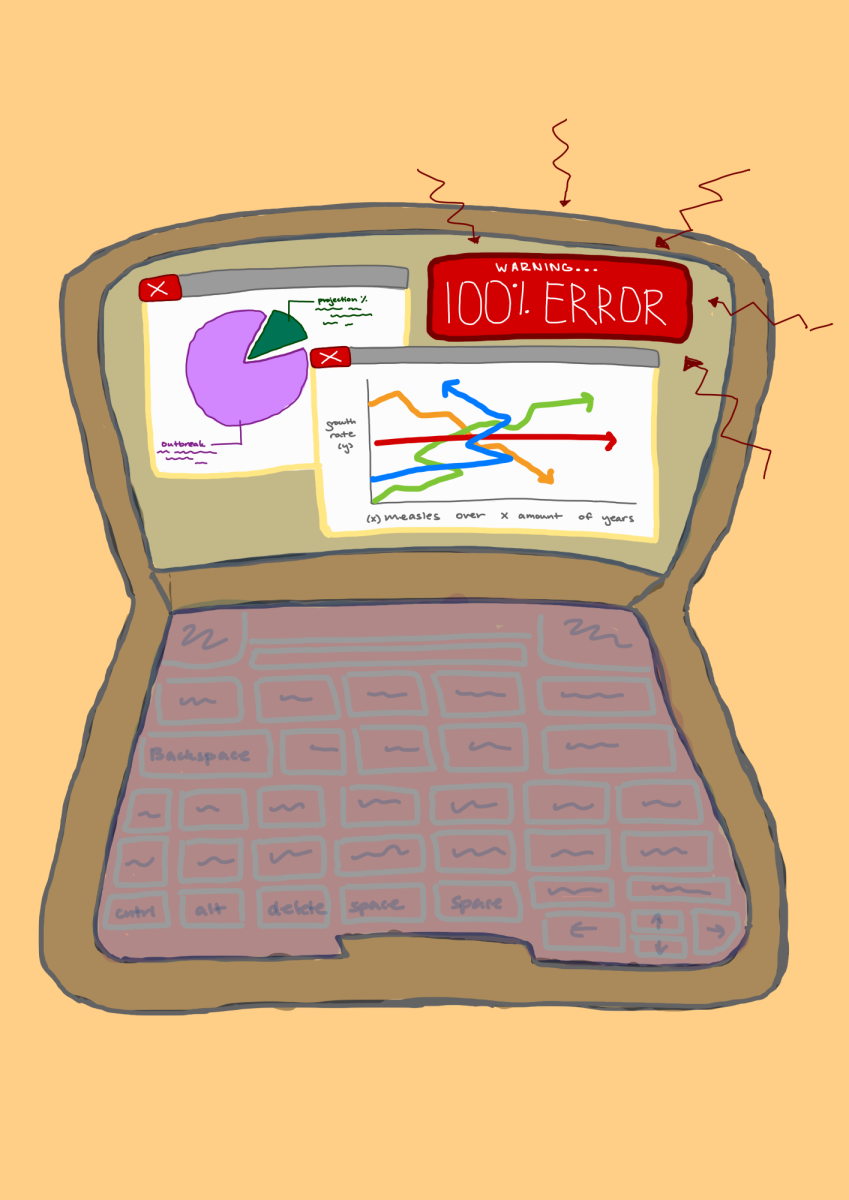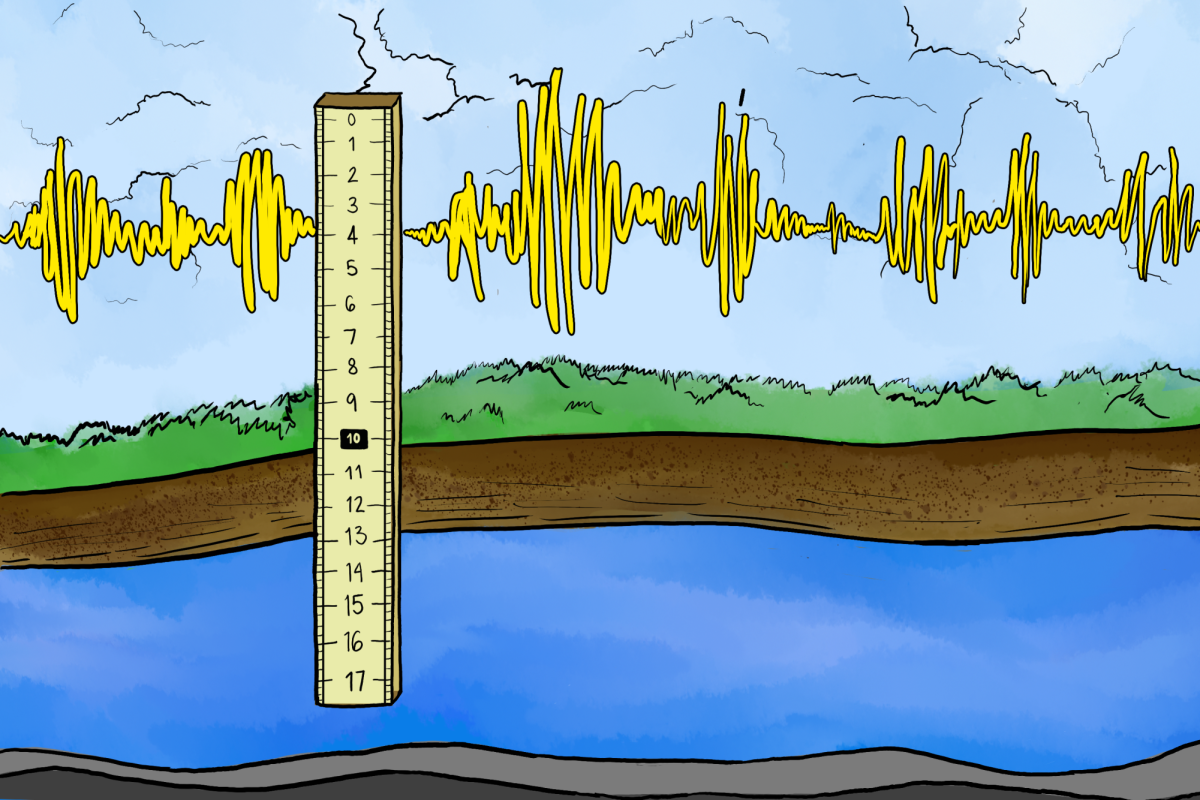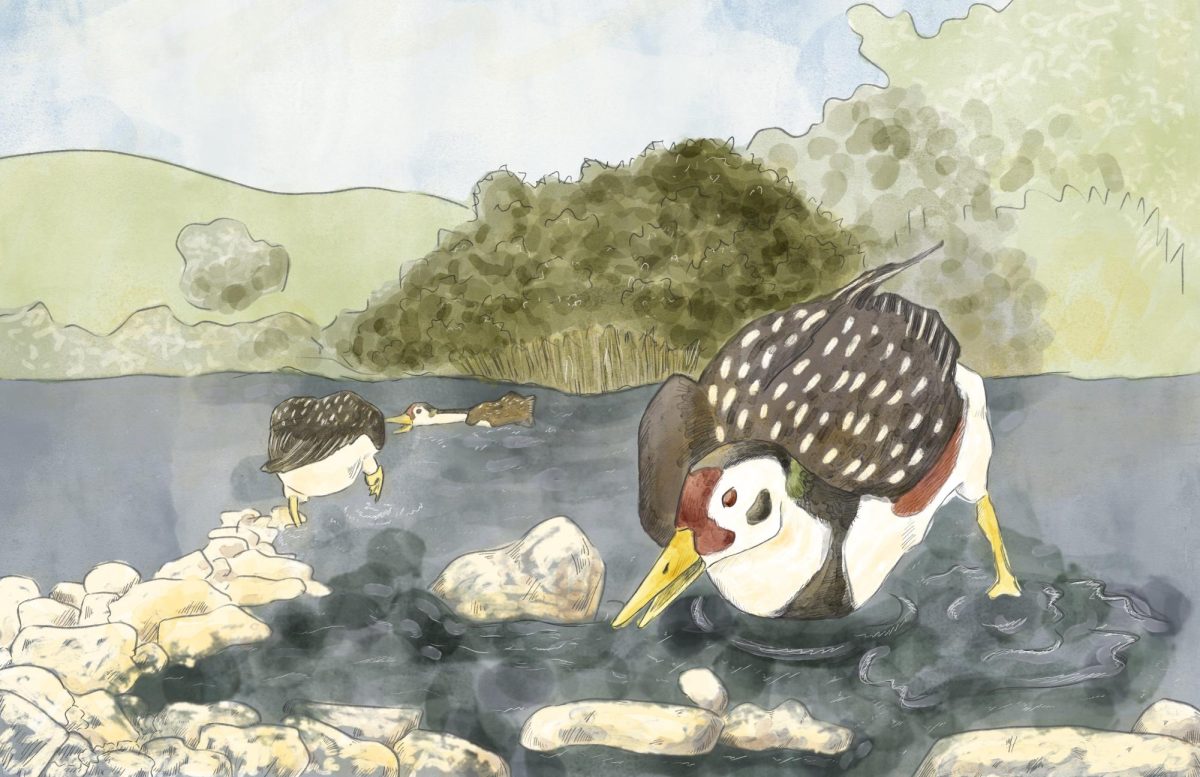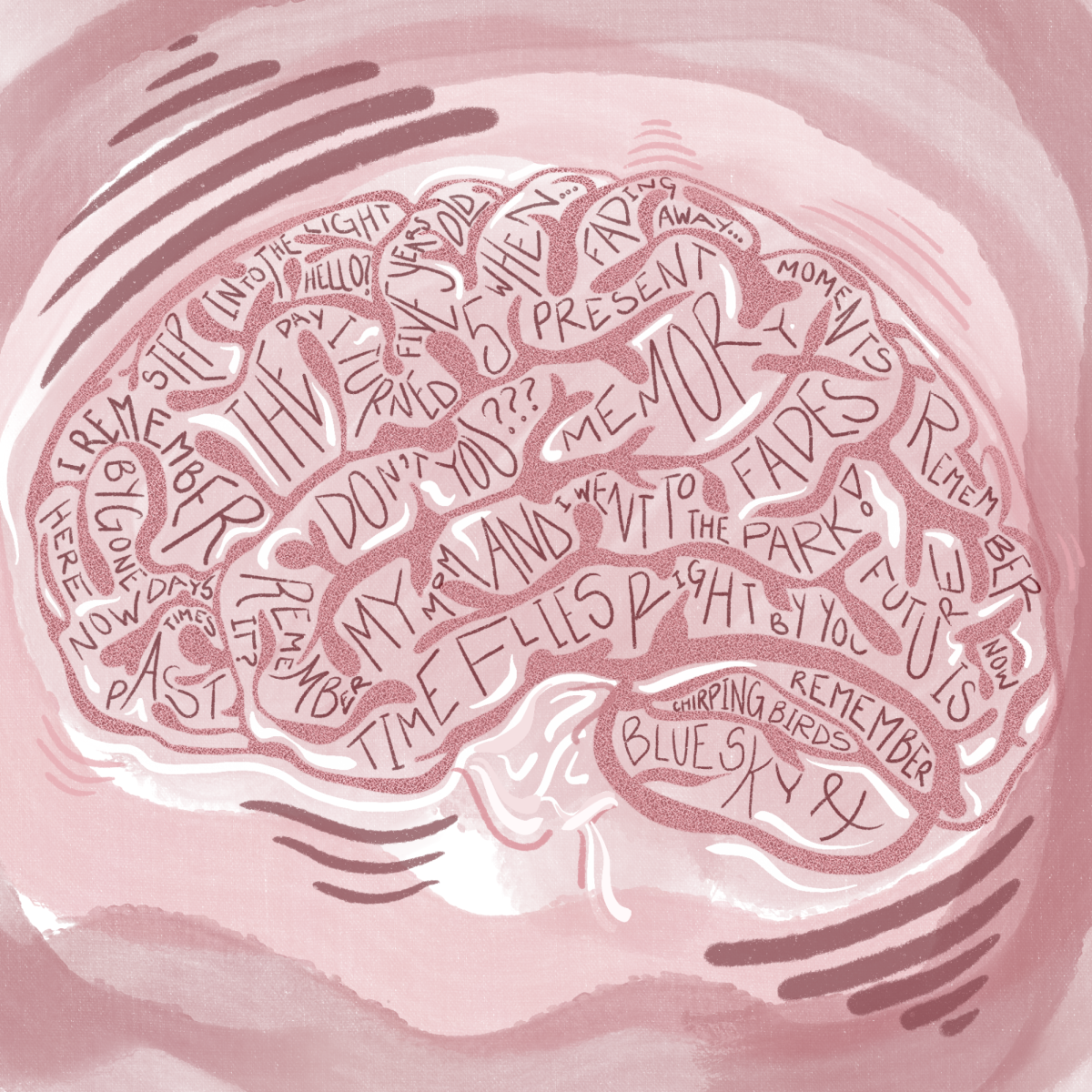The Lyndon B. Johnson School of Public Affairs announced the Willie Nelson Endowment for UT faculty and students to research and develop methods to fight climate change’s effects in rural communities.
JR DeShazo, dean of the LBJ School of Public Affairs, created the endowment to further honor Nelson after the LBJ Foundation gave Nelson the Liberty and Justice for All Award at their gala on May 13.
“I asked myself, ‘What are the policy areas that Willie has devoted his life to and is most associated with uplifting?’ and that brought me to a focus on sustainable agriculture, eliminating food insecurity,” DeShazo said. “And then, supporting rural communities impacted by natural disasters and by their need for better water and energy, services and support.”
According to the LBJ School website, the endowment will fund research projects centered around “sustainable agriculture, eliminating hunger, resilient energy, sustainable water and natural disaster recovery to benefit rural and farm communities.”
“I think there’s historically been this urban and rural divide between the University of Texas and Austin and the rest of rural Texas,” DeShazo said. “This endowment allows us to bridge that divide and really allows the University of Texas students and faculty to make direct contributions that make the lives of rural residents better.”
DeShazo said the LBJ Foundation told him to plan for an endowment between $500,000 and $750,000.
“These kinds of funds help support our capacity to really train students to think about these problems that Willie Nelson has been so concerned about and has contributed so much to during his own musical career,” said Sheila Olmstead, a professor at the LBJ School who specializes in environmental economics.
DeShazo said the LBJ Foundation will fund a new project each year. This year’s project will focus on sustainable backup energy for water systems in rural Texas.
“As we continue to emit greenhouse gasses that are changing the global climate, the results of that are kind of profoundly broad and deep,” Olmstead said. “The more we can do to help our students understand that this problem touches everyone, in every part of the economic system and the political and social systems in the country, the better off we’ll be.”

